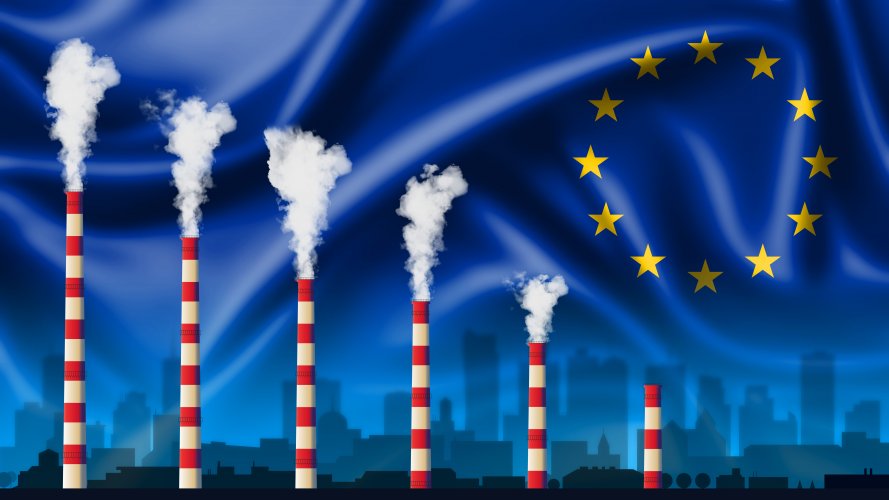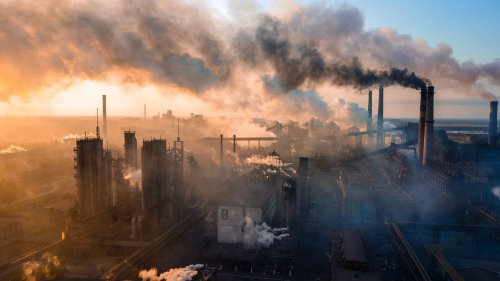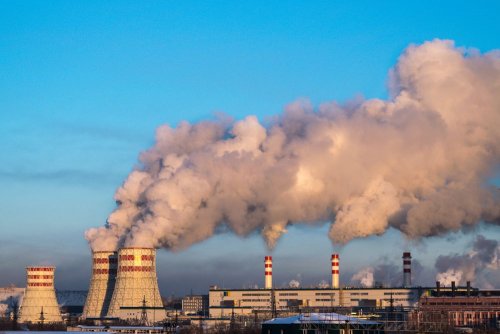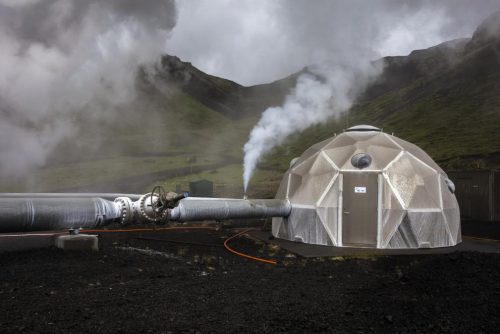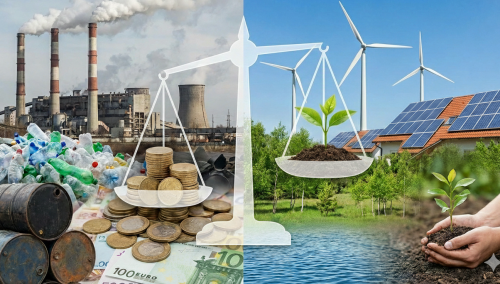In the draft Clean Industrial Deal, the European Commission wants to limit subsidies for environmentally friendly production, but opens up new opportunities for governments to finance industrial decarbonization and renewable energy production.
POLITICO writes about this with reference to the text of the draft document, which is available to the publication.
The draft Clean Industry Agreement outlines ways for governments to subsidize and stimulate investment in clean technologies. The authors of the document emphasized the need to stimulate investment in Europe. At the same time, they noted that “significant funds will need to be mobilized, mainly from private sources.”
What will change
According to the publication, the European Commission intends to limit subsidies for cleaner production to €75 million per project, compared to €150 million under the current program. However, the drafters of the Agreement open up new opportunities for governments to finance industrial decarbonization and renewable energy production.
The draft document also sets a €350 million cap on loans and limits government guarantees to €525 million for environmentally friendly businesses in some regions. This is part of a series of measures that allow governments to cover up to 50% of investments in equipment or machinery that use hydrogen and up to 35% in renewable energy equipment.
According to the draft Clean Industry Agreement, governments can also introduce tax incentives to help companies acquire clean technology assets that are not necessarily subject to state aid – as long as they do not favor certain companies.
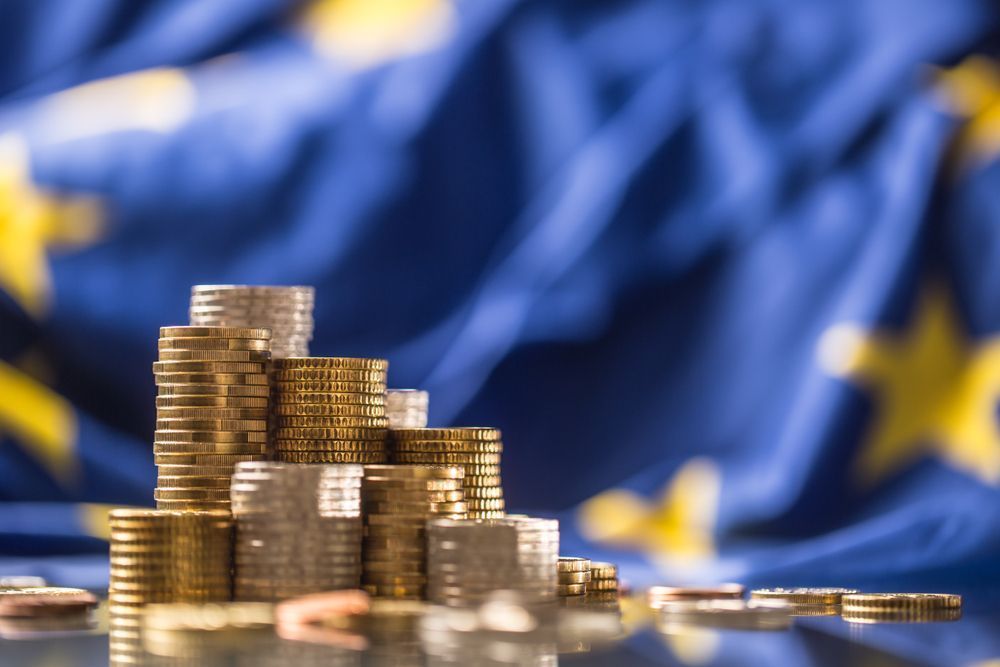
After analyzing the text of the document, POLITICO argues that the European Commission is trying to direct more aid to smaller companies and disadvantaged regions.
“Public support will be necessary to advance decarbonization efforts,” the document says, and the framework aims to provide ‘a longer planning horizon and investment predictability and security for businesses’ and to help ‘reduce investment risks in project portfolios’ to encourage risk-averse pension funds and insurance companies.
How European business assesses the draft Clean Industry Agreement
POLITICO says that industry groups have welcomed the planned changes. Stefan Sagebro of the Confederation of Swedish Enterprises said the thresholds for clean technologies are “not unreasonable” because they are aimed at “mass production of goods where there is intense competition” and where officials should be “more cautious” about providing subsidies.
Vincent van Horn of the lobby group Clean Technology for Europe said the framework should “combine speed and flexibility to provide much greater predictability for clean tech entrepreneurs”. He welcomed the fact that the European Commission recognizes the “unique advantages of financially efficient instruments such as guarantees”.
As a reminder, EcoPolitic recently reported that the European Commission will once again propose that EU countries reduce emissions by 90% by 2040. We also cited Eurostat data on the reduction of greenhouse gas emissions in the EU economy in the third quarter of 2024 by 5 million tons of CO2 equivalent compared to the same quarter of 2023.

